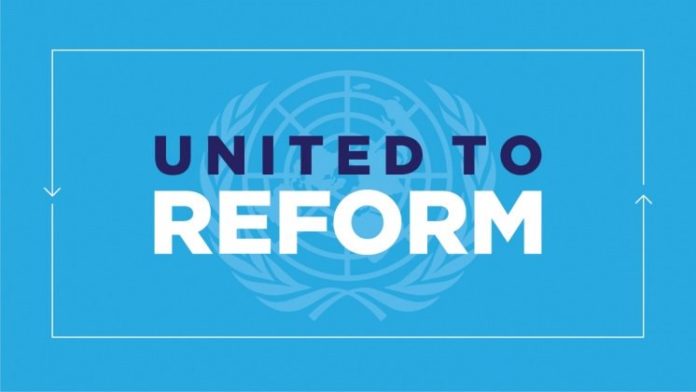DHAKA, Sept 19, 2019 (BSS)- Bangladesh will donate one lakh US dollar to the United Nations, helping implement Secretary General Antonio Guterres’s proposal to reform the UN development system for facilitating the member countries to achieve the Sustainable Development Goals (SDGs).
“As a manifestation of our commitment to partnership with the UN and support to the reforms (our) the Prime Minister has decided to contribute US$ 100,000 to office of the (UN) Resident Coordinator,” State Minister for Foreign Affairs Md Shahriar Alam said this while addressing a SDG conference in the capital today.
Prime Minister Sheikh Hasina will make the announcement as she attends the upcoming UN General Assembly (UNGA) in New York next week , he said.
“We welcome the UNSG’s reform of the UN system which has created space for rightly assigning the UN Resident Coordinator the responsibility to monitor all activities of UN organs,” he said.
Shahriar said Bangladesh believes the reform will enhance the efficiency of the UN activities and increase the coordination among the agencies.
Foreign ministry and UN Resident Coordinator’s office here jointly organised the seminar titled “SDGs and Bangladesh”, inaugurated by foreign minister Dr A K Abdul Momen at Bangabandhu International Conference Centre (BICC).
UN Secretary-General has made proposals to reform the UN since the beginning of his term in January 2017 to improve delivery of the UN mandate.
Later, the reform is mandated by the General Assembly of the United Nations in a resolution in 31 May 2018 in line with vision and proposals of the Secretary General to reposition the UN development system to deliver on the 2030 Agenda (SDGs).
According to the UN official site the reform aims to modify the UN development system with a stronger, better defined collective identity as a trusted, reliable, cohesive, accountable and effective partner to countries in the 2030 Agenda.
The reform should yield an UN development system that is more integrated, more focused on delivery on the ground, with clearer internal and external accountability for contributions to national needs, and with capacities, skill sets and resources better aligned to the 2030 Agenda, it said.



